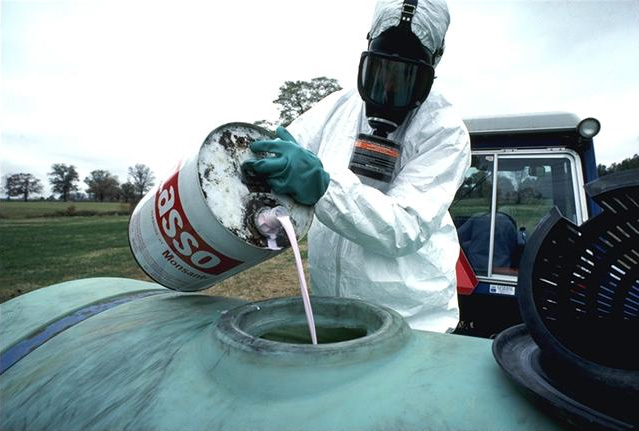Pest control is an essential aspect of property management, helping to protect homes and businesses from various pests that can cause damage and health issues. Understanding what does pest control do can empower property owners to make informed decisions about pest management. This article explores the critical functions of pest control, its methodologies, and its overall importance in our daily lives.
1. Comprehensive Pest Assessment
Effective pest control begins with a comprehensive assessment of the pest situation. Professionals evaluate:
- Signs of Infestation: This includes droppings, nests, and damage to property.
- Identifying Pest Types: Recognizing the specific pest species helps in formulating the right treatment plan.
- Evaluating Environmental Conditions: Understanding factors that attract pests, such as food sources and shelter, aids in developing preventative strategies.
A thorough assessment allows pest control experts to address the issue accurately and effectively.
2. Customized Pest Management Plans
Once a pest problem is identified, pest control services create customized management plans tailored to the specific situation. These plans may involve:
- Targeted Treatments: Using specific methods and products that address the identified pest, such as insecticides or traps.
- Preventative Measures: Recommendations for ongoing prevention, including environmental modifications and regular maintenance checks.
Customized plans ensure that the pest management approach is both effective and efficient.
3. Implementation of Environmentally Friendly Practices
Many pest control companies are now adopting environmentally friendly practices, focusing on reducing chemical use and promoting sustainability. This includes:
- Organic Treatments: Utilizing organic pesticides and natural deterrents that are less harmful to the environment and human health.
- Sustainable Practices: Implementing strategies that enhance biodiversity and ecological balance, such as promoting beneficial insect populations.
By prioritizing eco-friendly methods, pest control services contribute to healthier ecosystems.
4. Education and Empowerment
A vital part of pest control involves educating property owners about pests and prevention strategies. This includes:
- Understanding Pest Behavior: Teaching clients about the habits and life cycles of pests helps them recognize potential issues early.
- Sanitation Practices: Guiding cleanliness and proper food storage can significantly reduce the likelihood of infestations.
Education empowers homeowners to take proactive measures in pest management.
5. Emergency Pest Control Services
Pest infestations can sometimes require immediate action, especially in cases involving health risks or property damage. Pest control services often provide:
- Emergency Response: Quick intervention for urgent pest issues, such as bed bugs, termites, or rodents, can mitigate further damage.
- Comprehensive Solutions: Addressing both immediate concerns and long-term prevention to ensure pests do not return.
Emergency services ensure that pest problems are handled swiftly and effectively.
6. Regular Monitoring and Follow-Up
Ongoing monitoring is a critical component of pest control. This may include:
- Routine Inspections: Regular check-ups to detect any signs of new pest activity or potential issues.
- Follow-Up Treatments: Additional treatments as needed based on inspection findings to ensure long-term effectiveness.
Regular monitoring helps maintain a pest-free environment and allows for adjustments in management strategies.
7. Impact on Property Value and Aesthetics
Investing in pest control services can have a positive impact on property value and aesthetics. This includes:
- Preventing Damage: Addressing pest issues promptly protects the structural integrity of buildings, avoiding costly repairs.
- Enhancing Curb Appeal: A pest-free property is visually appealing and more attractive to potential buyers or renters.
By maintaining a pest-free environment, property owners can safeguard their investments.
Conclusion
What does pest control do encompasses a wide range of functions, including comprehensive assessments, customized management plans, education, and ongoing monitoring. By implementing environmentally friendly practices and offering emergency services, pest control professionals play an essential role in protecting homes and businesses from the damaging effects of pests. Understanding these functions can help property owners appreciate the importance of pest control in maintaining healthy, safe, and valuable spaces.

